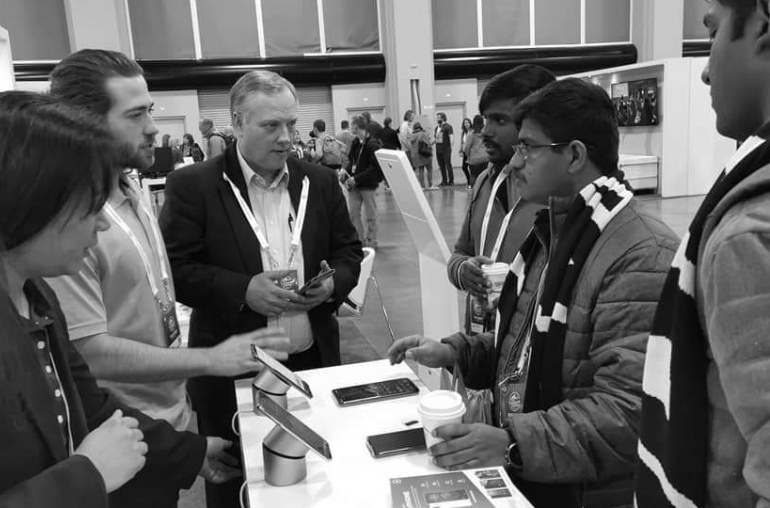Source Data Providers, IOT, storage or cloud services, and of course browsers are collecting your personal data. Everybody is getting in on the act. Personal data is a resource more valuable than oil. Facebook collects it. So does Verizon and Sprint. So does the free WiFi at your local coffee shop and your fancy doorbell, thermometer, and nearly every app on your phone.
Those numbers are 2 years old, imagine what the total is now. We all know that Google and Facebook collect and parse our personal data. That our data becomes part of an algorithm designed to predict consumer behavior, which is then sold to marketers. But did you know that cell phone service providers also collect personal data and sell it to that sea of data Google is analyzing and using to predict consumer behavior. That data is valuable. One look at Cambridge analytica and we see how entities can manipulate data to affect behavior and influence an election.
Browsers. Search engines. Source Data Providers. Every connected device. They all collect personal data. But the most ubiquitous device collecting your personal data is your cell phone. The hardware/software design intentionally allows for third-party data collection. Some to improve the product, but mostly to sell to marketers.
So where is this marketplace of personal data?
Centralized systems create opportunities for exploitation. A central marketplace with billions of points of data for sale is only the beginning. That marketplace can be raided by hackers who hold individuals and organizations hostage. But the data can also be exploited by those who run the marketplace itself. They have your permission to do so. They can legally give your data to the government. In short, you don’t own your personal data in a centralized system.
The solution is a paradigm shift none of us will even notice.
We all love the convenience our technology delivers. We connect, research, search, get directions and recommendations, share and store and access from anywhere. You can get all those same benefits in a decentralized system that doesn’t collect, harvest and sell your personal data.
In a decentralized system you are the third-party. All your personal data flows according to your terms. There’s no risk of malware, tracking, phishing, behavioral profiling or ads. You own your data.You own your identity. You own the hardware that is your key.
How does a decentralized system work?
All your data is managed by a private operating system and stored in small, redundant pieces across thousands of servers. No one entity has access to your digital life but you. You make the rules for how it is shared and accessed. Everything works in the same familiar way except: Performance won’t slow down because of malware. And you can sleep well at night knowing that no government or organization looking to manipulate your behavior will ever have access to your digital self.
Decentralization is a revolution against big data companies who wield too much power and influence.
Decentralization puts digital freedom in the hands of us users. We no longer have to be commodities. We can own our digital world and use it to create good for ourselves, our families, our communities, and the world.
“This is the decade when we take back our digital future.”
Shoshanna Zuboff, author: The Age of Surveillance Capitalism
The movement has begun.





